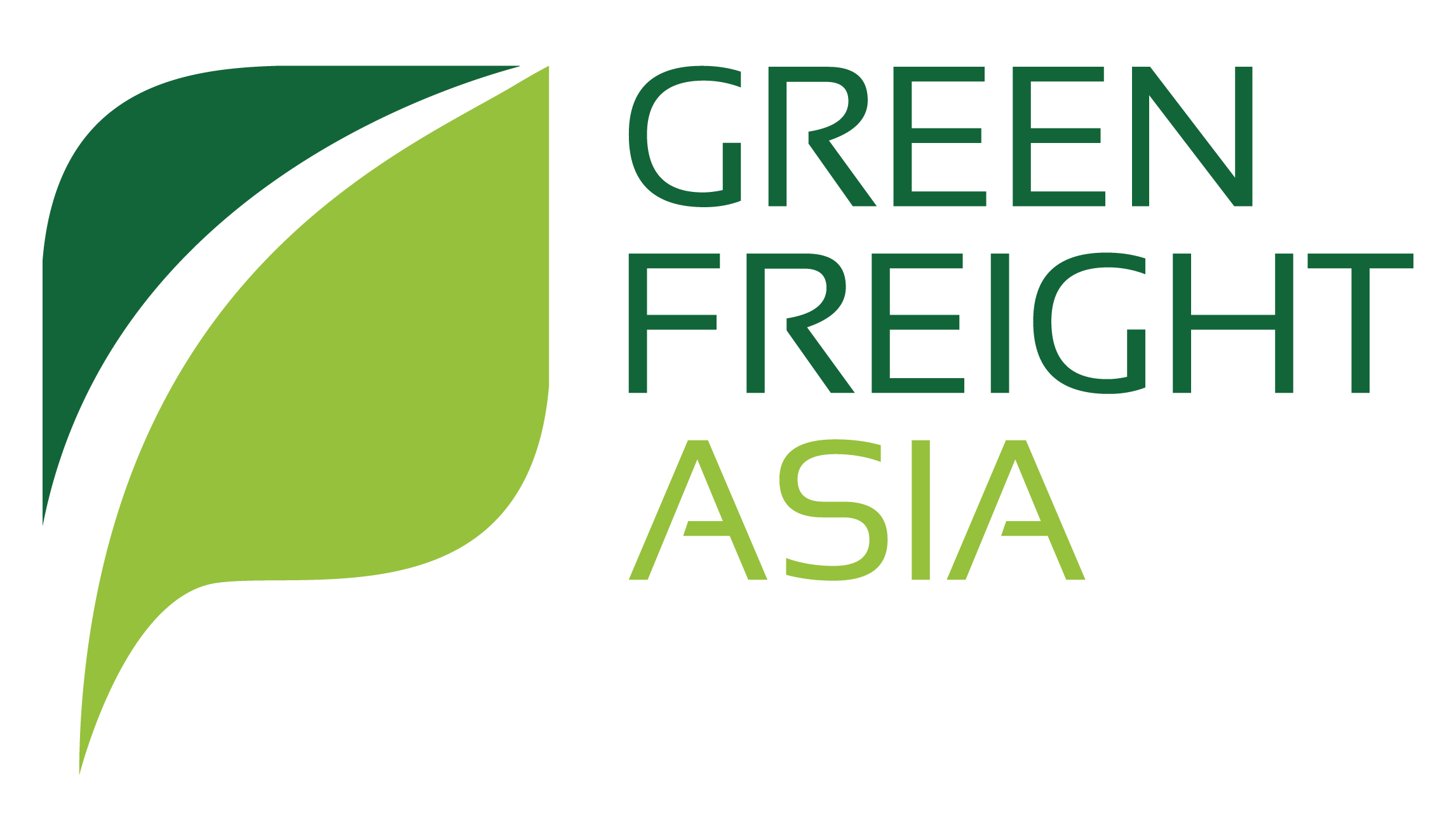Understanding the amount of greenhouse gas (GHG) emissions produced by your business is crucial to identifying strategies to reduce them. Under our Measurement, Reporting, and Verification (MRV) Programme, GFA helps collect and analyse your company’s emissions data, creating a comprehensive GHG Report.
Our report will follow the guidelines and requirements of the GHG Protocol methodology.
How is the MRV Programme conducted?
1. GFA conducts a workshop on GHG Accounting and Reporting for your company, to help you better understand the requirements of the GHG Protocol. This includes processes such as data collection, and setting the scope of company activities that will be assessed.
2. Gather data from different business units, and facilities using the template provided by GFA to ensure a standardised approach to data collection. This includes Scope 1 emissions directly from the company’s activities, Scope 2 emissions from purchased electricity, and selected Scope 3 emissions from your supply chain.
3. GFA reviews and processes the activity data to identify greenhouse gas emissions associated with various activities and operations within the company.
4. GFA compiles a complete GHG report encompassing Scope 1, Scope 2, and selected Scope 3 emission sources, including quantitative data and relevant metrics such as emissions data, trends, comparisons, and insights.
What Goes Into a GHG Report?
Data visualisation and analysis: We present quantitative data through informative visual formats, and analyse relevant metrics such as emissions data, trends, and comparisons with previous years’ emissions.
Strategic insights: We offer in-depth analysis on emissions activities and future trends, empowering your business to develop effective strategies for reducing GHG emissions.
Cost efficiency: We streamline the process and minimise the expenses associated with compiling a GHG inventory.
Ensuring accuracy: We use standardised methods and principles through our comprehensive guided process, creating a GHG inventory that accurately reflects your emissions.
Why Report?
Limit climate change: Reducing GHG emissions is needed to limit global temperature rise to 1.5 °C by the mid-century. With a better understanding of emissions sources, companies can develop more effective strategies and solutions to reduce their GHG emissions in the long run.
Cost savings: By understanding their emissions hotspots, businesses can identify potential inefficiencies in their operations, and increase productivity while cutting emissions.
Certification: For logistics operations, GHG reporting is compulsory to achieve the Leaf 3 and 4 ranking under GFA’s Labelling and Certification Programme.
Interested in the benefits of GHG reporting and accounting? Read more about it here.



